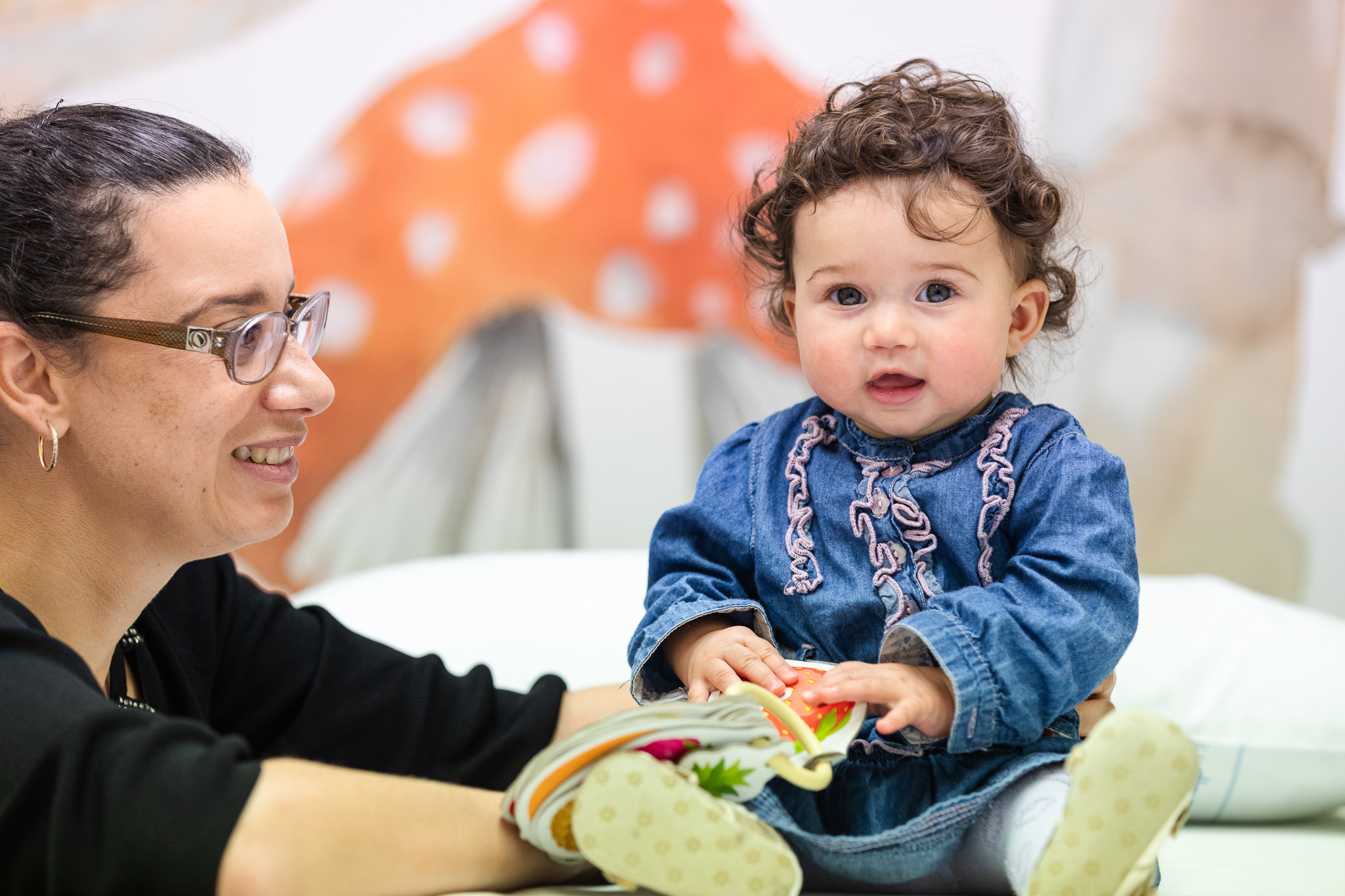Search
Showing results for "early childhood"
Research
The Impact of the No Jab No Play and No Jab No Pay Legislation in Australia: A Scoping ReviewAustralia has a long history of population-based immunisation programs including legislations. This paper reports on a review of evaluations of the impact of the federal No Jab No Pay (NJNPay) and state implemented No Jab No Play (NJNPlay) legislations on childhood immunisation coverage and related parental attitudes.
Research
Identifying young adults at high risk of cardiometabolic disease using cluster analysis and the Framingham 30-yr risk scoreCurrent strategies to reduce cardiovascular disease (CVD) risk in young adults are largely limited to those at extremes of risk. In cohort studies we have shown cluster analysis identified a large sub-group of adolescents with multiple risk factors.
Research
Associations between the built environment and emotional, social and physical indicators of early child development across high and low socioeconomic neighbourhoodsEmerging evidence indicates that the built environment influences early child development. Access to, and the quality of, built environment features vary with the socioeconomic status (SES) of neighbourhoods. It has not yet been established whether the association between built environment features and early child development varies by neighbourhood SES.
Research
Interparental Conflict Across the Early Parenting Period: Evidence From Fathers Participating in an Australian Population-Based StudyCurrent evidence about the prevalence of interparental conflict (IPC) during early parenthood is primarily based on mothers’ reports. Drawing upon Australian longitudinal data from 4136 fathers, the aims of the study were to report on the extent to which fathers report IPC across six biennial time intervals when their children were aged 6–12 months to 10–11 years, identify trajectories of IPC over time and identify postnatal factors (at the initial time point) associated with high risk trajectories of IPC.
Research
Confirmation of childhood acute lymphoblastic leukemia Variants, ARID5B and IKZF1, and interaction with parental environmental exposuresThe polygenic nature of childhood ALL predisposition together with the timing of environmental triggers may hold vital clues for disease etiology.

News & Events
Chronic illness affects young children’s school readinessResearchers from the The Kids Research Institute Australia and UWA have found that young children with a chronic disease are more likely to fall behind their peers in a wide
Research
National School Readiness ProjectResearchers at the Institute were engaged to undertake the National School Readiness Project, which aimed to describe current practice across education authorities in assessing or describing child development status at school entry and use evidence to identify areas where the scope/quality of curren

News & Events
Key study unveils significant link between hospital admissions and kids with ADHDNew research from The Kids Research Institute Australia has revealed a significant link between kids with severe ADHD and higher rates of early childhood hospital admissions.

RHINO researchers from The Kids' Wal-yan Respiratory Research Centre, will analyse ORIGINS data and turn it into meaningful respiratory and allergy outcome data that can be used by researchers around the world.
Research
Of pigs, mice, and men: Understanding early triggers of cystic fibrosis lung diseaseUnderstanding early triggers of Cystic Fibrosis Lung Disease
